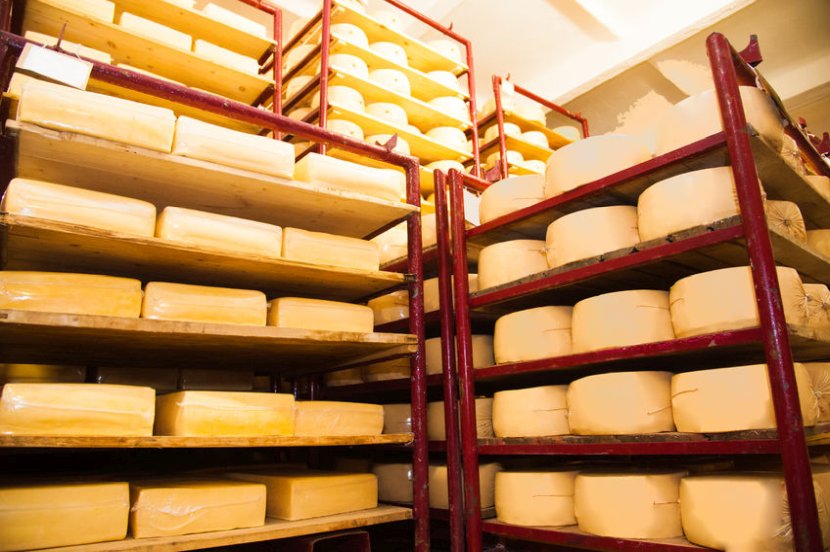'Disaster for the industry': UK food exports to EU plummet

The impacts of the pandemic and changes to the UK's trading relationships have caused a significant drop in exports of food and drink to the EU.
UK food and drink exports to the bloc fell 47% in Q1 2021 compared to the same period last year, according to the Food and Drink Federation (FDF).
Looking at the wider picture, figures show that food and drink exports to the European Union have fallen by £2 billion compared with Q1 2019.
The FDF said the loss of £2bn of exports to the EU was a 'disaster' for the industry.
Non-EU food and drink exports exceeded the EU's share in Q1 2021, with sales around the rest of the world accounting for 55%.
Exports to nearly all EU Member States fell significantly, with sales to Ireland down by more than two thirds, while sales to Germany, Spain and Italy declined by more than half.
All of the UK’s top 10 products exported to the EU fell significantly in value from 2019 to 2021, with whisky dropping 32%, chocolate 37% and lamb and mutton 14%.
Dairy products were most severely impacted, the FDF says. Compared to 2020, exports of milk and cream to the EU fell by more than 90%, and exports of cheese by two thirds in the same time period.
However, there has also been a return to strong growth in exports to East Asia, where there is high demand for quality UK food and drink.
In Q1 2021, exports to China (+28.2%), Hong Kong (+3.7%), Japan (+6.2%) and South Korea (+18.5%) were all above the levels seen in Q1 2020, when the Covid-19 pandemic triggered the early closure of hospitality sectors.
The UK’s top three non-EU markets, US (11%), China (5%) and Singapore (3%), now account for 19% of the UK’s total exports, a figure of £713m.
UK imports from the EU were also down 10%, driven by a number of factors including the closure of the hospitality sector, stockpiling in late 2020, reduced demand for ingredients as a result of the decline in exports to the EU, and import substitution.
This fall is set to increase when full checks are implemented at UK borders in 2022, the FDF warns.
Of the UK’s top 10 products imported from the EU from 2019 to 2021, vegetables dropped 13.9%, wine 20%, and fruit 15.7%.
Products of animal original were also heavily impacted, with large falls in imports of EU pork, cheese, chicken and beef.
Dominic Goudie, head of international trade, the FDF, said the loss of £2bn of exports to the EU was a 'disaster' for the industry.
"[It is a] very clear indication of the scale of losses that UK manufacturers face in the longer-term due to new trade barriers with the EU," he added.
“We set out a plan to mitigate these impacts by boosting support for exporters, and this was backed by the Trade and Agriculture Commission.
"The government must stop prevaricating and get behind these proposals to help exporters that have been shut out of trading with the EU.”
John Whitehead, Food & Drink Exporters Association (FDEA), said it 'fully supported' the FDF in pressing government to boost support for exporters.
“Whilst some of this large drop can be put down to end of year stockpiling, significant business has been lost as a direct result of the additional bureaucracy, customs delays and costs of trading with the EU.
"Experienced FDEA members are continuing to battle against inconsistent interpretations of regulations across the EU and having to weigh up whether the time and cost involved is sustainable.”








